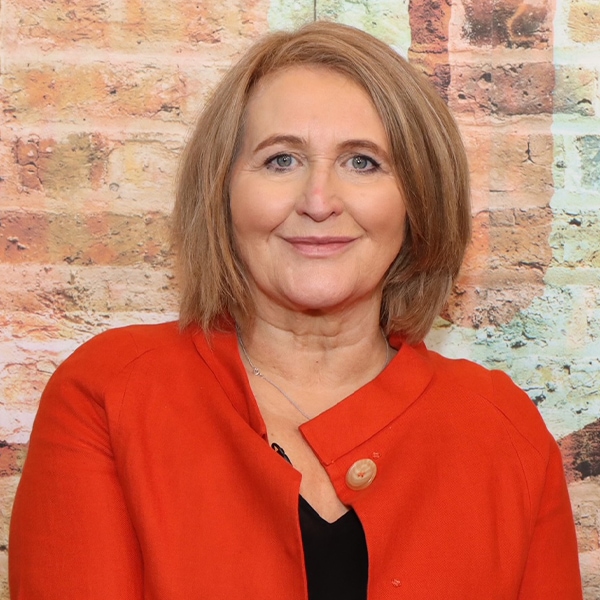
The Covid Inquiry is now underway, and it provides us with a vitally important opportunity to examine the events of the momentous months of 2020 and 2021 through the eyes of children and young people.
Under the overarching theme of the UK's 'response to and impact of the pandemic' and 'what lessons can be learned', the Inquiry has begun by looking at resilience and preparedness, before it moves on to decision-making and political governance. Further modules include education, children and young people, and benefits and support for vulnerable people. I will be providing the Inquiry with evidence, drawing on my period as Children's Commissioner for England during the first two national lockdowns.
There is no doubt that the pandemic exposed and enhanced many of the deepest inequalities and generational problems that were already affecting millions of children, including the attainment gap, food poverty, a lack of provision to help children with mental health problems, and our overstretched and underfunded children's social services and care systems.
The pandemic led to the biggest disruption in education since the Second World War, with an average of 115 days of education lost. Those living in the most disadvantaged areas, where infection levels were higher, missed the most school. Though schools were kept open for vulnerable children (and the children of key workers), the overwhelming majority did not attend. And while the more affluent schools were already using digital platforms in their work and were able to move over to online lessons and tutoring quickly and easily, many other schools were not equipped for virtual learning. Some children had no access to laptops or the internet at all.
Following the first lockdown, pubs, shops, and even theme parks and zoos were opening while most children were still stuck at home. In some countries, schools were able to move into neighbouring public buildings to ensure adequate social distancing and ventilation, but no such arrangements were made here.
The loss of the protective factors provided by the structure of school, relationships with teachers, and oversight of professionals, meant that some vulnerable children slipped off the radar. Referrals to social services via schools fell. Some of the regulations around children's social care and protection were relaxed over concerns about service continuation, rather than strengthened to mitigate the loss of oversight from other services. This included the reduction of health visiting during the first lockdown.
The move to communication and assessment of child protection cases by screen inevitably hampered social workers' ability to do their job. Tragically, many of the recent distressing cases of child deaths which occurred during lockdown and are now coming to trial, have highlighted how those who wanted to abuse and harm children, were given a perfect opportunity to do so, out of sight.
Children's play parks closed and stayed shut for months, sports and games were prohibited, and while there was a 'rule of six', which allowed small groups of children under 12 in Scotland and Wales to play together, children in England were not given the same opportunities.
From the beginning of the first lockdown, it was clear that some children were going to be trapped in difficult, risky or traumatic family environments. Thousands of children were spending all day, every day, for weeks in cramped or inadequate housing, or with parents who were suffering serious mental health problems or addictions. Many will have witnessed or been the victims of domestic violence.
Professionals working with teenagers saw how the pandemic increased the opportunities for those who groom and exploit children, when vulnerable children escaped to parks and takeaways in the evenings to get away from what was happening at home.
Some of the early consequences of these decisions, and others, were set out in "Children in the Time of Coronavirus" which I published as Children's Commissioner in September 2020. This was one of the first reports to assess the pandemic's impact on children.
The aftershocks of Covid are now visible for us all to see, even three years on - the record number of children with mental health problems, a widening of the education disadvantage gap, unprecedented numbers of children absent and out of school, more children in poverty, and rising numbers of children at risk of harm and entering care.
Children never had a proper 'recovery' programme to help them through the challenges of the Covid crisis. That argument is still in play. In the meantime, the inquiry should help us to better understand the impact on children of the decisions that were made and, crucially, it must ensure that if a similar pandemic ever occurs in the future, the needs and wellbeing of children will never again be an afterthought.
Copyright Oasis 2023 • Privacy Policy